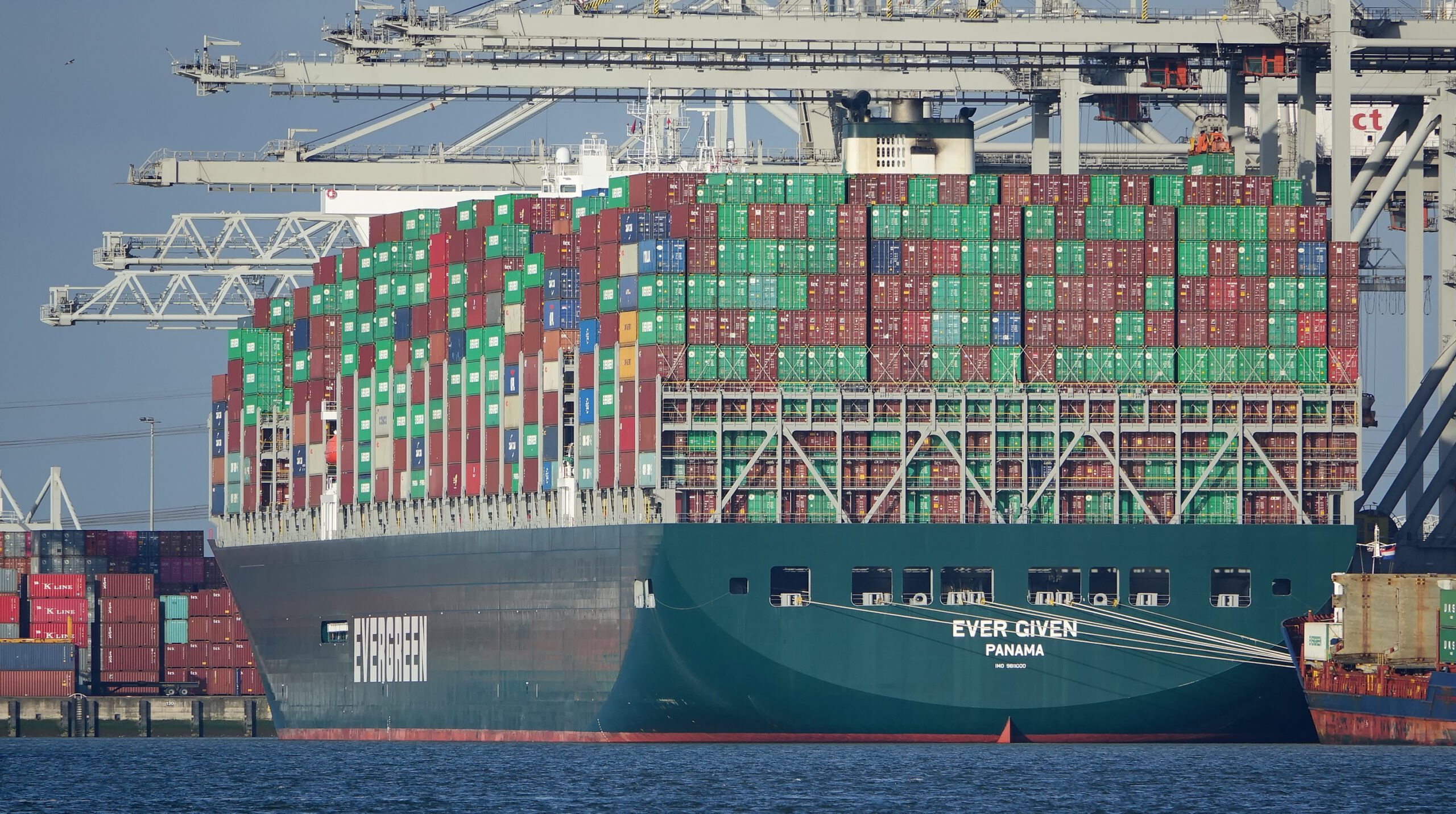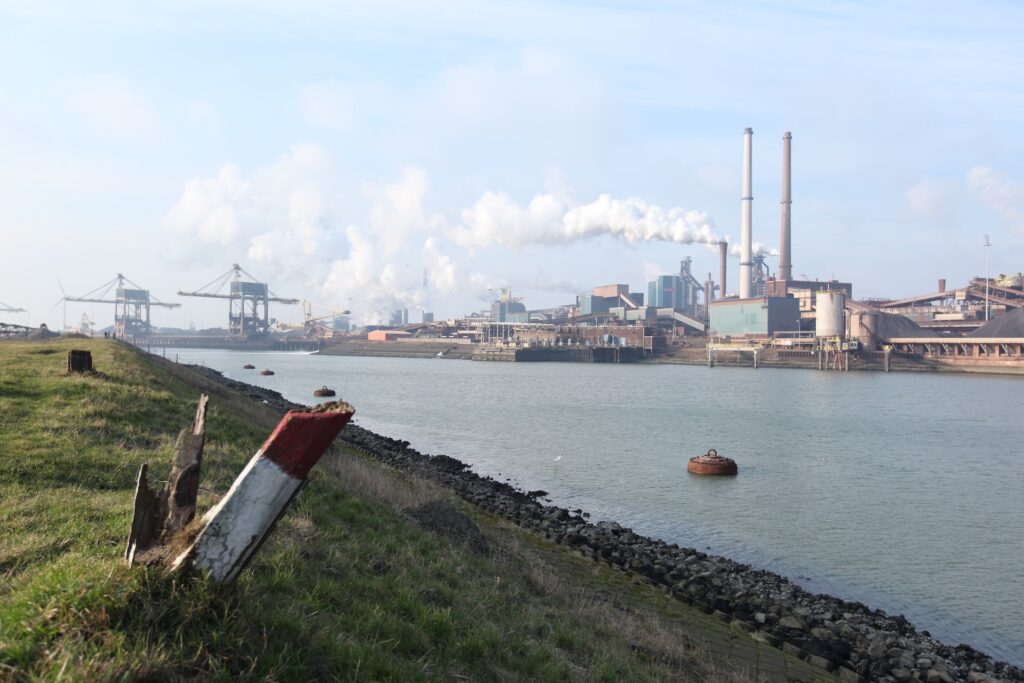Why the blockade of global shipping is an opportunity for the manufacturing industry
After a coronavirus shook the global economy, it was recently shaken again by a giant container ship. The Ever Given, some 400 meters long and loaded with 20,000 containers, was stranded for days in the middle of the Suez Canal, blocking global shipping and logistics. It cost the economy a handsome price and showed at once the fragility of supply chains and how dependent the world is on imports and economic growth. Food for thought about globalization.
Fragile supply chain
Not only the Ever Given stood still. Some 50 ships take the Suez route every day, but were lined up waiting for the canal to open again. Ships were added every day. Result: an immense funnel that will not get solved immediately. As a result, delivery times for goods will increase, and distributors and customers will have to be patient. Some companies will ask for ships to arrive at other ports, resulting in unforeseen additional logistics chains and efficiency losses. In addition, there will be longer-term shortages of specific products around the world. And that both for basic raw materials and finished products. Price increases and billions of euros in economic damage await us. Not exactly a pretty picture of the future.
Onshoring
The containers consist largely of consumer goods such as clothing, furniture, manufacturing parts and car parts. The waiting ships also include livestock transport, wood, equipment, meat, paper, beer and chocolate. Even a cargo of Dutch-language children’s books sails along. Many of these materials could just as easily be produced domestically. Often they are finished products that in the past were manufactured in our own region, but were relocated due to low wages and lax or absent environmental legislation.
It can no longer be denied that this industrial policy is bumping up against its limits. Fortunately, there is also a solution: through onshoring, bringing production back to our regions, Western manufacturers are uncoupling themselves from global dependency, (including political tensions and social unrest) and can once again steer their own course. Over the past decade, more than 100,000 jobs have been lost in European manufacturing, accounting for some 10% employment in the sector. By investing in innovative and sustainable industries, we also bring prosperity to Europe and Western industry can lead the industry of the future.
With the energy crisis, the transition to a circular economy is more relevant than ever. Our Flemish economy must and will be less dependent on fossil raw materials.
Towards a sustainable Flemish manufacturing industry
Almost 90% of our Flemish materials footprint is abroad. So as Flemish citizens, we mainly consume imported materials. An objective of the Flemish Energy and Climate Plan is to reduce this materials footprint by 30% by 2030. By importing less, but also by focusing on material efficiency, circular use of raw materials and consuming less, our footprint can be reduced.
It will not be possible to produce everything ourselves; we simply do not have enough basic raw materials. What we can do is limit supply chains, reduce dependence on specific sources such as minerals and ores, develop circular business models (for example: leasing instead of buying) and focus on know-how and skilled labor. Digitalization and robotization will help us do this. Behold: the sustainable Flemish manufacturing industry.
The circular economy offers us many opportunities for this. By limiting the use of primary raw materials, we automatically become less dependent on them. If Flanders will put itself on the map as a recycling hub, it will also strengthen our manufacturing industry. Two birds with one stone.
In this, the manufacturing industry must not be left to its own devices. Politicians will have to play an active role and adjust their investment and support policies. European flanking policy will also be necessary and the member states will have to agree on the strategy. Through a carbon tax at the border or working with standards on the market for products, imported goods will become less interesting for European consumers. In this way, we can develop sustainable and innovative industries here.
What the blockade can set in motion
Although the stranded ship has caused a great deal of inconvenience to everyone, the Suez Canal blockade could have a positive impact in the longer term. The staggering number of containers transported across the seas has a huge environmental and climate impact. If the aftermath of the blockade becomes an incentive to shorten supply chains and strengthen our own manufacturing industry, we will take important steps toward a sustainable industrial transition. And that will benefit both the economy and the environment.
This post by Tycho Van Hauwaert “Waarom de blokkade van de wereldwijde scheepvaart een kans is voor de maakindustrie” first appeared on Bondbeterleefmilieu.be – March 29, 2021.

